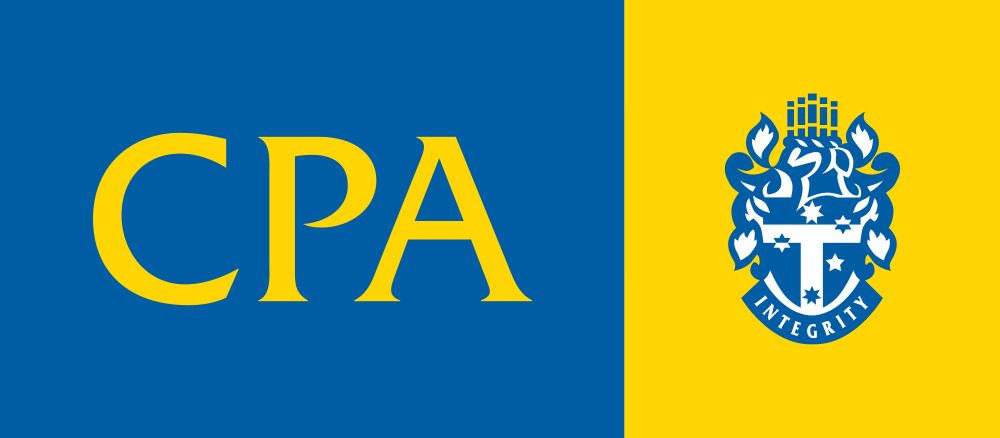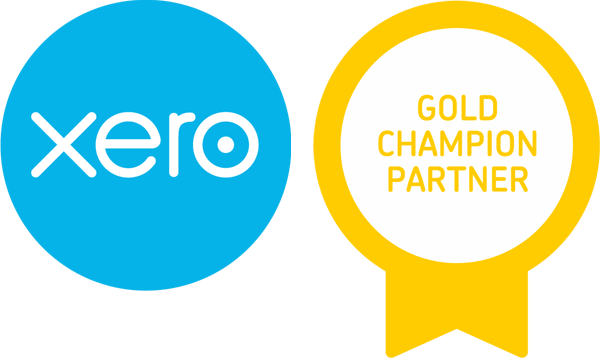Employee superannuation obligations
Coming up to the end of the quarter it is timely to consider your employee superannuation obligations.
To avoid additional costs (including the superannuation guarantee charge (SGC)), you must pay the right amount of super for all your eligible employees by the quarterly due date.
Whether you're paying super weekly, monthly, or quarterly it's important to check that the super guarantee (SG) you pay takes into account changes that started on 1 July 2022, which included:
- the increase in the SG rate from 10% to 10.5%
- the removal of the $450 per month eligibility threshold when paying SG.
You must have applied these changes to all the salary and wages you paid from 1 July 2022.
All other eligibility requirements for super remain in place. For example, an employee aged under 18 years must still work for you more than 30 hours in a week to be eligible for super.
You need to make sure:
- your payroll and accounting systems are up to date and include the recent changes to SG
- you've calculated and paid the right amount of SG for all your eligible employees
- you pay SG amounts in full by the due date.
You'll have to pay the Super Guarantee Charge if your total SG amounts for the period 1 July 2022 to 30 September 2022 aren't received by your employees’ super funds by 28 October 2022.
If you need help meeting your SG obligations please contact us for assistance.
What happens if you don't pay the right amount of Super?
If you don't meet your SG obligations, you'll have to pay the Super Guarantee Charge and self-assess by lodging an SGC statement and pay the Super Guarantee Charge to the ATO.
This will cost you more than paying the correct SG on time. SGC is not tax deductible.
You may also have to pay additional penalties or charges.
Sourced from the ATO.
If you would like to speak with anyone at Smith Thornton regarding this or any other matters please don’t hesitate to get in touch.




